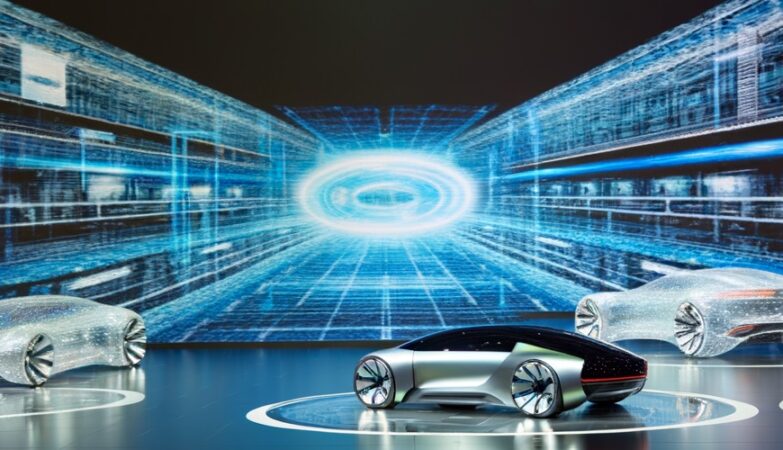Automotive industry is a major contributor to the global economy, generating millions of jobs and revenue every year. With the increasing demand for vehicles, this sector has witnessed tremendous growth and innovation. From traditional automobiles to electric and autonomous vehicles, the automotive industry has come a long way in terms of technology, design, and sustainability.
One of the key drivers for this growth is the constant evolution and advancement in automotive technology. Manufacturers are continuously striving to improve the performance, safety, and efficiency of vehicles. The development of fuel-efficient engines, hybrid systems, and electric powertrains has transformed the automotive landscape. Consumers now have a wide range of choices, from small city cars to luxury SUVs, all catering to different needs and preferences.
Safety is another crucial aspect of the automotive industry. With the increasing number of vehicles on the road, accidents and fatalities have become a major concern. To address this issue, car manufacturers have integrated advanced safety features into their vehicles. These include collision warning systems, automatic emergency braking, lane departure warning, and adaptive cruise control. Furthermore, the introduction of self-driving technology promises to revolutionize the way we travel. Autonomous vehicles have the potential to significantly reduce accidents and traffic congestion, making roads safer and more efficient.
Environmental sustainability is also a top priority for the automotive industry. As concerns over climate change and pollution grow, car manufacturers are investing heavily in green technologies. Electric vehicles (EVs) have gained popularity in recent years, thanks to their zero-emission nature and lower operating costs. Governments around the world are promoting EV adoption through various incentives and infrastructure development. Additionally, efforts are being made to reduce the environmental impact of manufacturing processes and improve the recyclability of vehicles.
The automotive industry is not limited to just manufacturing vehicles. It encompasses a vast network of suppliers, dealerships, service centers, and aftermarket businesses. These sectors are integral to the functioning of the automotive ecosystem. Suppliers provide key components and parts needed for vehicle production, while dealerships act as a bridge between manufacturers and consumers. Service centers play a vital role in maintaining and repairing vehicles, ensuring their optimal performance and longevity. The aftermarket industry offers a wide range of accessories, customization options, and spare parts, catering to the diverse needs and preferences of vehicle owners.
With the rise of digitalization, the automotive industry is undergoing a digital transformation. Connected cars, which are equipped with internet connectivity and advanced infotainment systems, are becoming increasingly popular. These cars provide various features such as GPS navigation, real-time vehicle diagnostics, and connectivity to smartphones and other devices. Furthermore, automotive companies are exploring the prospects of big data analytics, artificial intelligence, and machine learning to enhance vehicle performance and customer experience.
In conclusion, the automotive industry plays a vital role in the global economy, generating employment and contributing to technological advancements. From safety to sustainability, manufacturers are continuously striving to innovate and improve their vehicles. With the advent of electric and autonomous vehicles, the automotive industry is poised for further growth and transformation. As consumer demands evolve and technology progresses, we can expect to see more exciting developments in the automotive landscape in the years to come.







